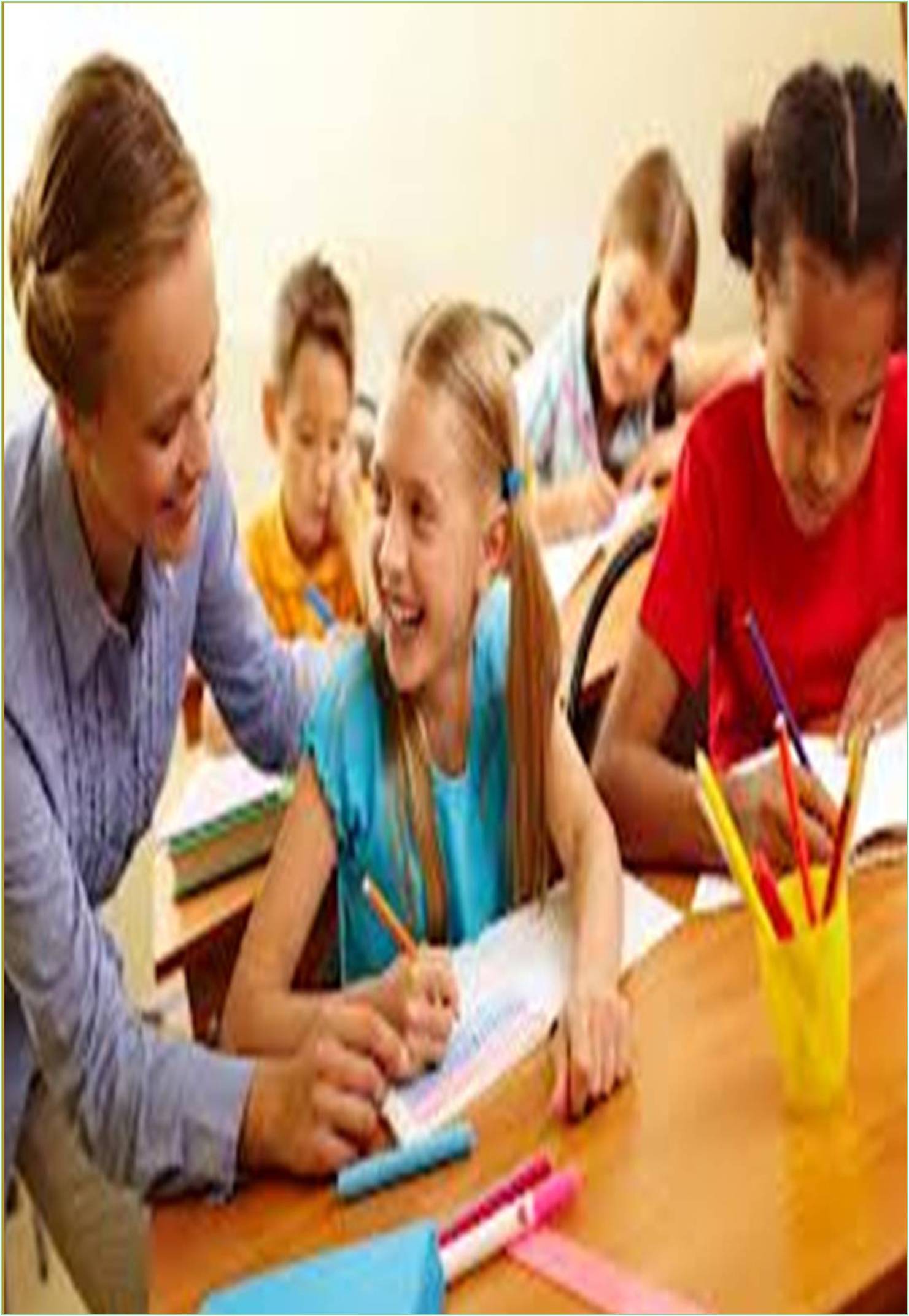



Received: 01-Nov-2022, Manuscript No. GJESE-22-85164; Editor assigned: 04-Nov-2022, Pre QC No. GJESE-22-85164 (PQ); Reviewed: 18-Nov-2022, QC No. GJESE-22-85164; Revised: 25-Nov-2022, Manuscript No. GJESE-22-85164 (R); Published: 02-Dec-2022, DOI: 10.15651/2465-7212.22.8.035
Social skill is any competency that makes it easier to connect and communicate with others in situations for which norms and interaction are established, tried to communicate and altered through nonverbal and verbal cues. A lack of these abilities can lead to social awkwardness. Effective interpersonal interactions require certain behaviors, or interpersonal skills. Relationships between people fall into the categories of control and autonomy love and hate, dominance and submission, and affiliation and violence. Persuasion, active listening, delegating, and stewardship are a few examples of positive interpersonal skills (Achenbach et al.,1979). Psychological research, an academic field that focuses on study on social functioning, investigates how societal shifts in behaviour, attitude, and thought lead to the acquisition of interpersonal abilities. The ability to communicate, learn, seek for assistance, meet needs in a way that is suitable, get with others, make friends, form healthy relationships, protect oneself, and generally participate peacefully with society are all social skills. Important character traits like dependability, accountability, justice, compassion, and citizenship are developed through social skills (Arbuthnot et al., 1986).
These qualities enable people to develop an inner moral compass that helps them make moral decisions about their thoughts and actions, which lead to social competence According to, social skill deficiencies include a failure to perceive and express social skills, a failing to emulate suitable role models, and a failure to exhibit proper behaviour in certain circumstances in relation to development and transitional stages (Bulkeley et al., 1994). When it comes to adjusting to adult life, social skill deficiencies are often discouraging for children with behavioral issues. People with alcoholism frequently have much worse social skills. This is brought on by the long-term neurotoxic consequences of alcohol abuse on the brain, particularly the prefrontal cortex region. Alcohol misuse often impairs social skills, including the ability to recognize facial issues with prosody perception, and deficiencies in theory of mind. Humor comprehension is frequently hampered in alcohol addicts. People with fetal alcohol spectrum disorders may also have social competence deficits. Because of the effects of ageing on the brain, these deficiencies continue throughout the lifetimes of those who are affected and may get worse with time.
People who don't have much opportunity to interact with others sometimes struggle with their social skills. For those who suffer from mental diseases like anxiety or depression, this frequently has a spiraling-downward effect. Surplus anticipation of failure or social rejection in socialization leads to avoiding or closing down from social contacts because of anxiety brought on by worries about interpersonal appraisal and the fear of a negative reaction by others (Conte et al., 1995). Significantly socially anxious people frequently have trouble interacting with others and may find it difficult to exhibit proper social cues and behaviors. Social media usage may also result in anxiety and sadness. According to behaviorism, social skills are learned behaviors that serve as a vehicle for social reinforcement. The biggest effect size was seen with operant conditioning techniques, followed by modeling, coaching, and social cognitive approaches to social skill training (Deffenbacher et al., 1996). Social skills are more commonly referred to as behavioral skills by behavior analysts. Individuals suffering from borderline personality disorder, anxiety, and developmental disabilities can all benefit from behavioral skills training. Behaviorists typically work to build borderline skills, which are necessary to gain entrance to a number of situations. People face a range of social difficulties and can lessen the stress and punishment from the encounter in a safe atmosphere, which is the justification for this type of therapeutic strategy. Additionally, it discusses how they might strengthen reinforcement by utilizing. Future steps will include tweaks to the prototype that take into account pertinent usability comments, like the addition of personalization choices. emotions, In order to increase accuracy, stronger voice recognition algorithms are also required that take into account the particular speech traits of children with ASD. The employment of artificial intelligence algorithms to learn user preferences and produce suitable solutions in response would be an intriguing improvement. Future research should examine the ideal amount of prompt options as well as additional prompt modes.
Achenbach TM, Edelbrock CS. The Child Behavior Profile: II. Boys aged 12–16 and girls aged 6–11 and 12–16. Journal of consulting and clinical psychology. 1979;47(2):223. [Crossref] [Google Scholar] [PubMed]
Arbuthnot J, Gordon DA. Behavioral and cognitive effects of a moral reasoning development intervention for high-risk behavior-disordered adolescents. Journal of consulting and clinical psychology. 1986;54(2):208. [Crossref] [Google Scholar] [PubMed]
Bulkeley R, Cramer D. Social skills training with young adolescents: Group and individual approaches in a school setting. Journal of Adolescence. 1994;17(6):521-531. [Crossref] [Google Scholar]
Conte R, Andrews JJ, Loomer M, Hutton G. A classroom-based social skills intervention for children with learning disabilities. Alberta journal of educational research. 1995. [Google Scholar]
Deffenbacher JL, Lynch RS, Oetting ER, Kemper CC. Anger reduction in early adolescents. Journal of counseling psychology. 1996;43(2):149. [Crossref] [Google Scholar]